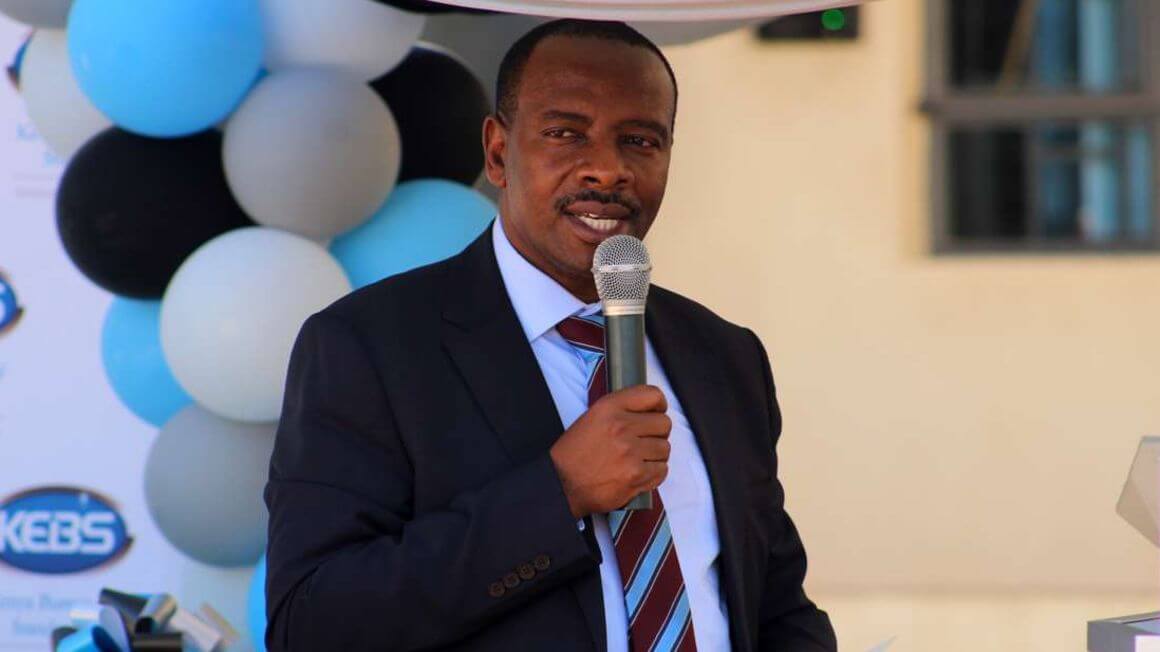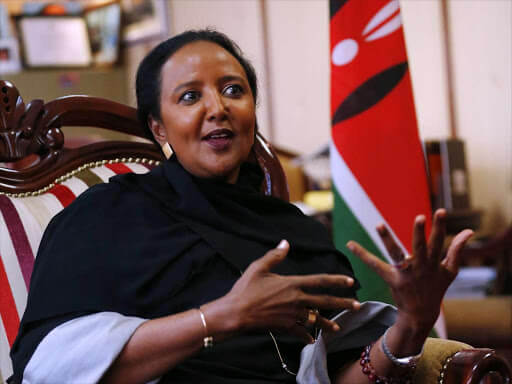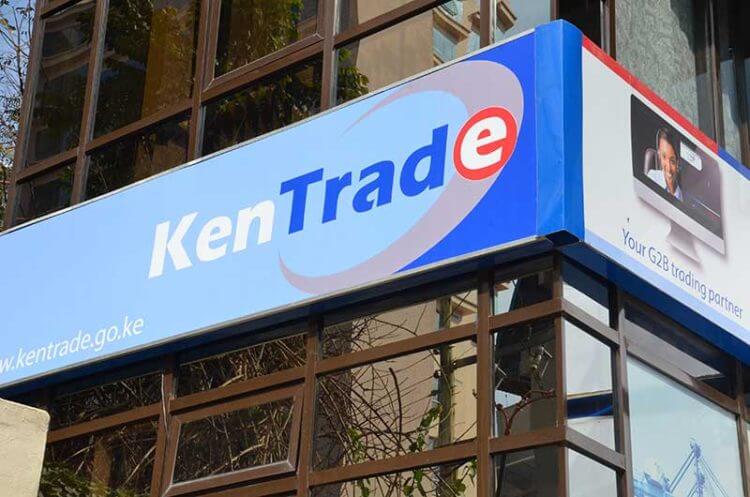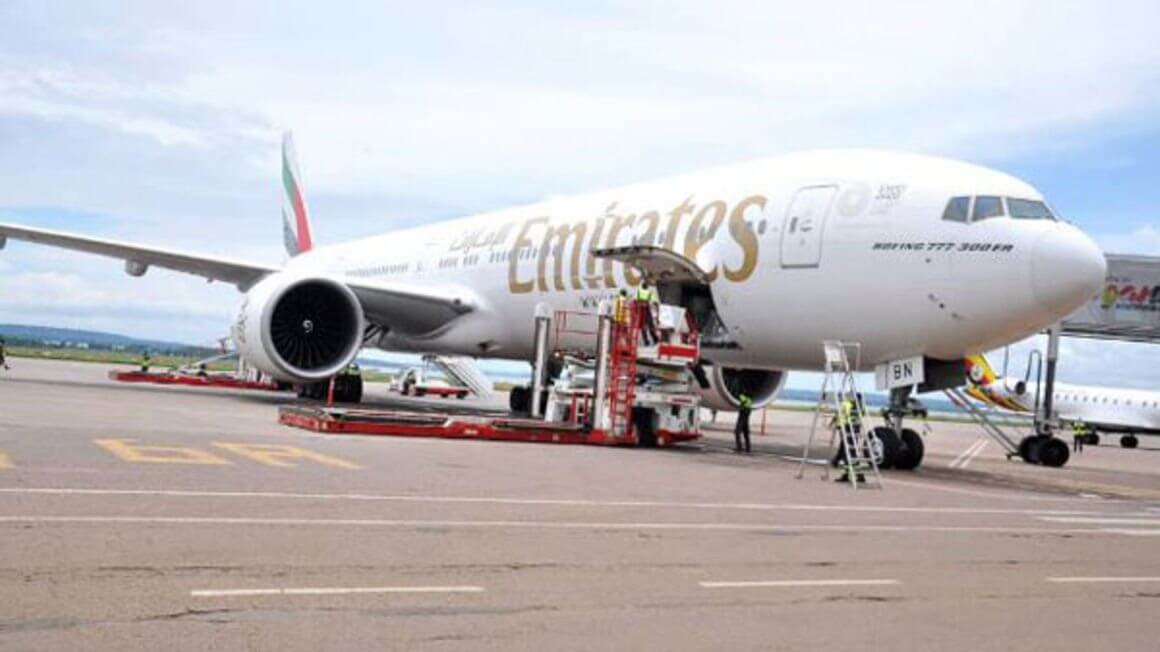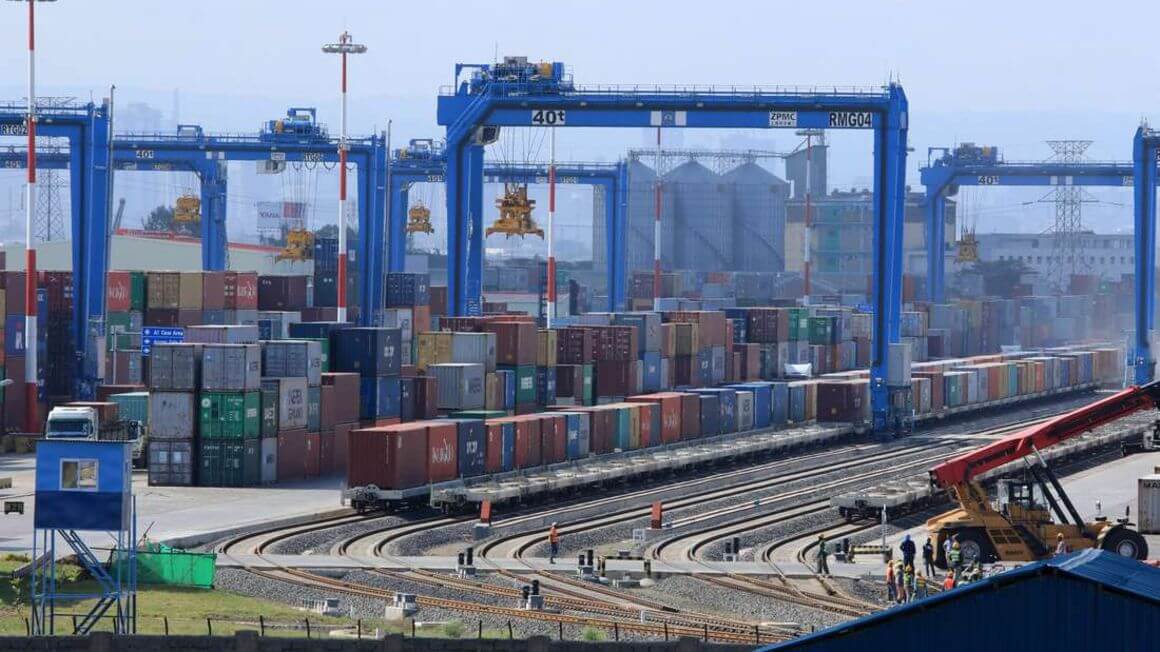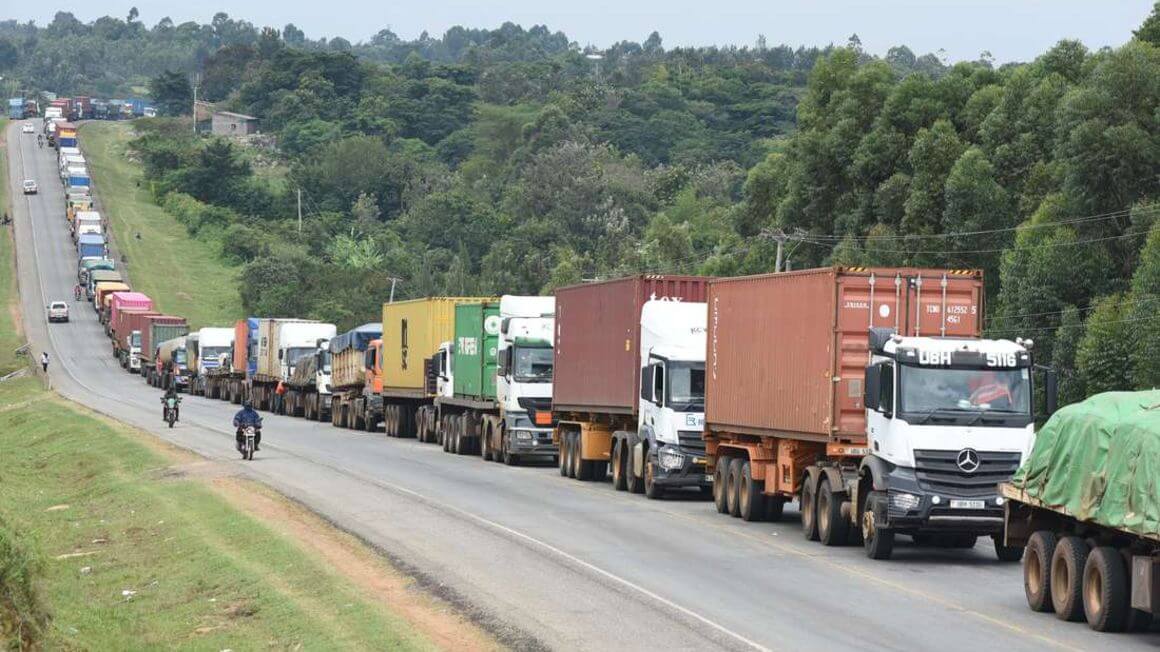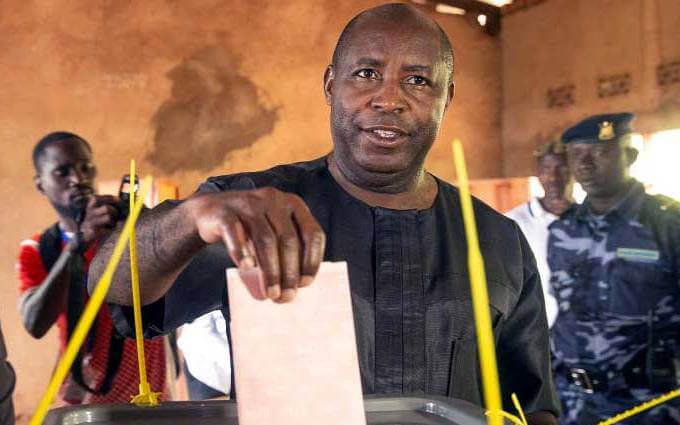Summary KEBS has reviewed its product certification process to allow for online applications and remote assessment of production processes to allow for faster turnaround time in issuance of product permits. KEBS is also encouraging micro, small and medium enterprises (MSMEs) to get the Standardization Mark certification for their products to access regional markets under the mutual recognition of quality marks in accordance to common market protocol. Kenya Bureau of Standards’ (KEBS) business continuity plan has seen it ride the Covid-19 storm that precipitated a global decline in economic activity. With President Uhuru Kenyatta having reopened the economy, the standards’ watchdog is prepared to handle more business in support of manufacturers and traders. KEBS Managing Director Bernard Njiraini says the organisation has been able to conduct its operations even at the height of the Covid-19 pandemic. The standards body has been holding online ISO Zoom meetings to develop standards for Covid-19 products such as hand sanitizers, personal protective equipment (PPEs) and masks. These standards are available to the public free of charge as KEBS’ contribution to the fight against the pandemic. KEBS has certified over 130 firms for the production of face masks; over 540 firms for instant hand sanitizers; two firms for hospital beds; more than 80 firms for other PPEs such as coveralls and gloves; and two firms for critical care ventilators. The product certification programme is a continuous activity at the agency with the aim of ensuring consumer safety. KEBS also reviewed its product certification process to allow...
KEBS ready to support business recovery as economy reopens
Posted on: October 5, 2020
Posted on: October 5, 2020

